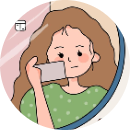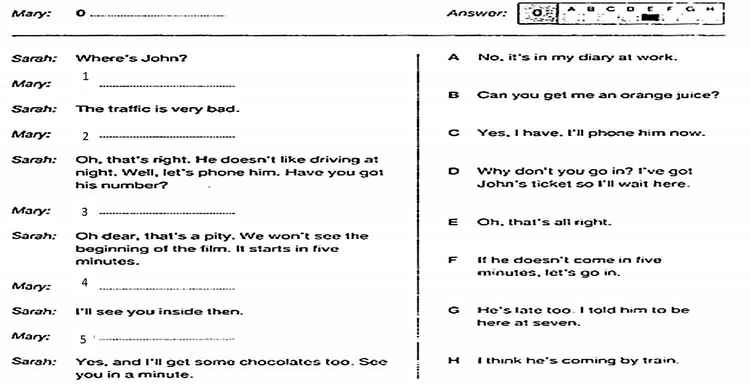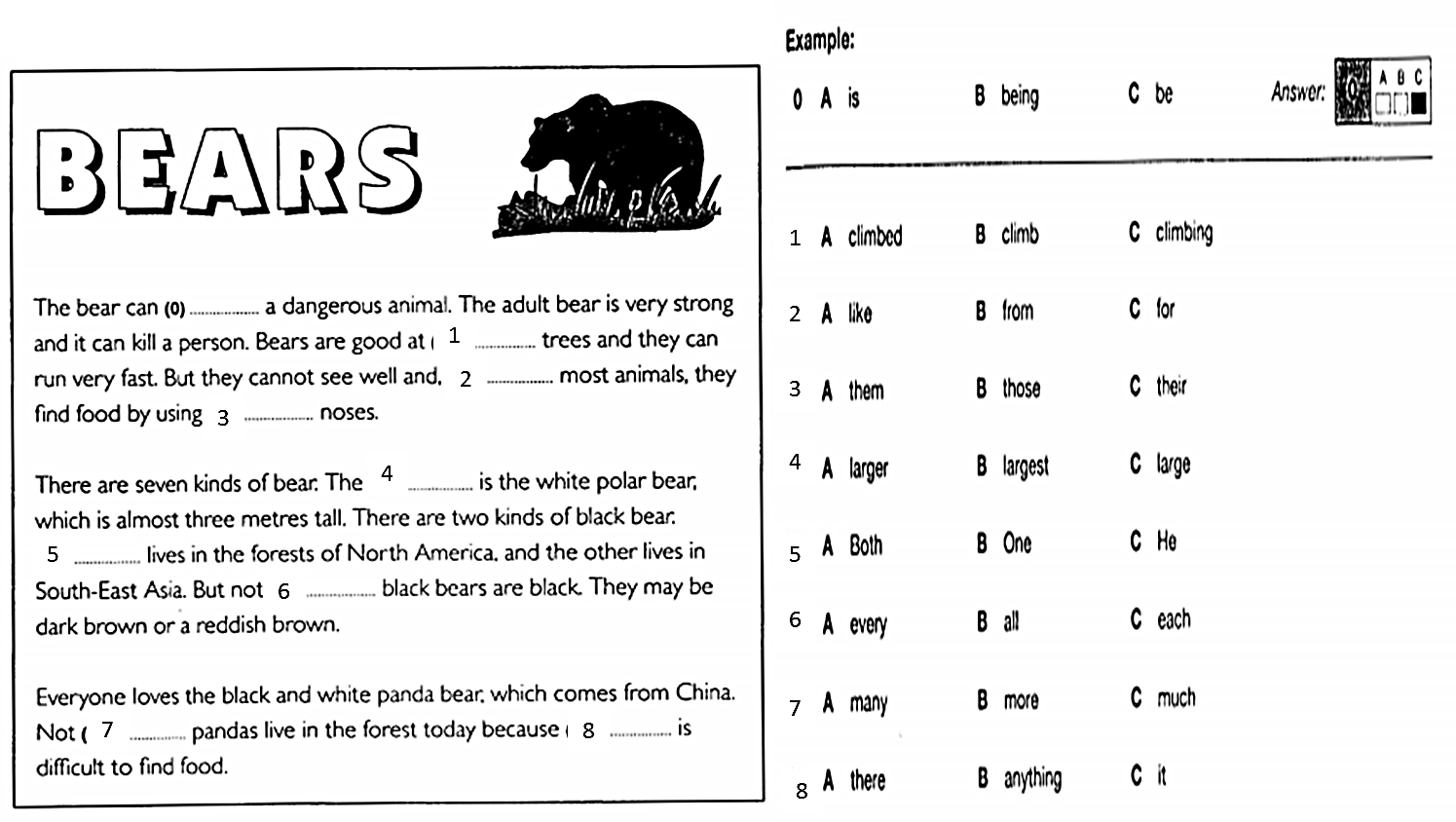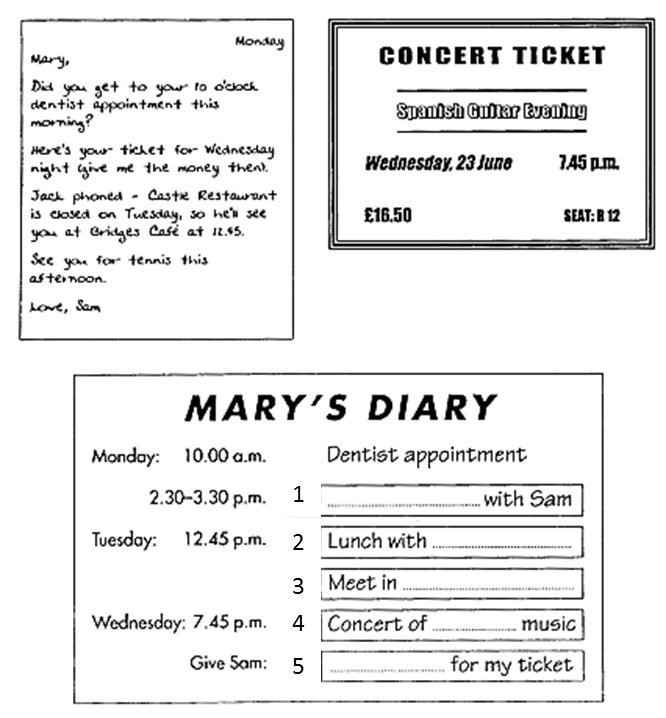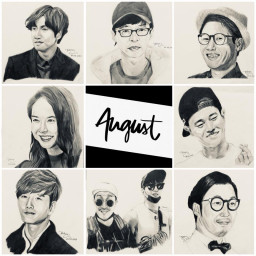C. WORD FORMS
I. Give the correct form of the word in brackets to complete the following sentences.
l. Speech is the fastest method of_____________ between people. (COMMUNICATE)
2. A communication breakdown between two people from different countries may happen due to _____________ differences. (CULTURE)
3. When a policeman directs traffic, he often uses his arms to tell drivers where to go and when to stop. This is _____________ communication. (VERBAL)
4. Using telepathy is a way to communicate instantly by thoughts and feelings, without the need to use speech or _____________. (WRITE)
5. Students need the _____________ to communicate with people within their team. (ABLE)
6. Could you tell that person was angry just by looking at his or her _____________expression? (FACE)
7. This lesson will focus on _____________ communication skills. (EFFECT)
8. The technology can be used to produce _____________ educational programs. (INTERACT)
9. In free time, Nga often communicates _____________ with her cats. (NON - VERBAL)
10. Nowadays, many young people are using _____________ media such as Facebook, Twitter, Zalo. (SOCIETY)
D. VERB FORMS
I. Complete the following sentences with the correct form of the verbs in brackets.
1. Would you mind (close) _____________the window?
2. I'd really love (see) _____________ you again.
3. It was a nice day, so we decided (go) _____________ for a walk.
4. I've got a new smart phone. I haven't learnt (use) _____________it yet.
5. I hate (have)_____________ to get up early on Sunday!
6. Don't forget (post) _____________ the letter I gave you.
7. I wonder where Linda is. She promised not (be) _____________ late.
8. What do you want (do) _____________ later?
9. Minh suggested (have) _____________ a video conference this week.
10. I'm still looking for a job, but I hope (find) _____________ something soon.
E. CORRECTION
I. Find ONE mistake in each of the following sentences and correct it.
1. You aren't allowed |smoking| |because| you are |too| young to |do it.
A B C D
2. Because of| language barrier, they decided |using| body |language| |to communicate.
A B C D
3. The children forgot |picking| up the |note| from the office and |now| they |are| worried.
A B C D
4.Would| you prefer |came| in the morning or the afternoon?
A B C D
5. I'll be here |in a moment| |if| you don't mind |to wait| for |a couple of| minutes.
A B C D
6. The earthquake |happened| at |midday| when |many| people |had had|lunch
A B C D
7. Water| |pollute| in the lake |has made| the |fish die.
A B C D
8. If I |am| you, I |would| |choose| another country |to visit| in this summer holiday.
A B C D
9. If the factory |doesn’t stop| |pollute| the lake, |no fish| |will be able| to survive.
A B C D
10. Landslide |has|never |occur| in my |region| |since| 1995.
A B C D





